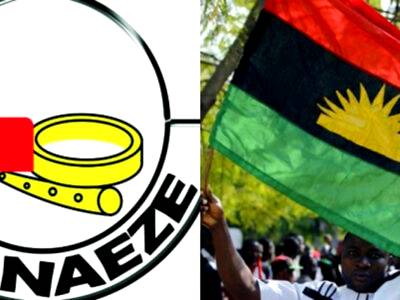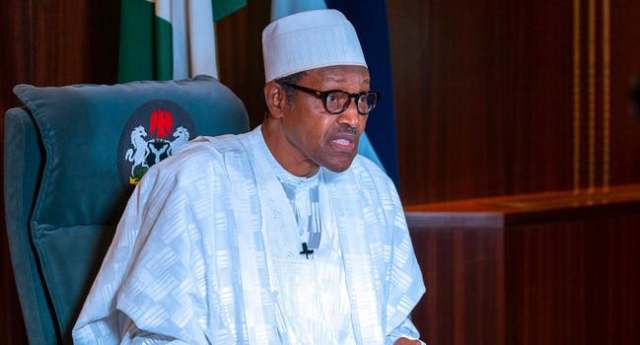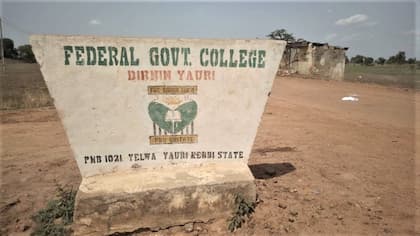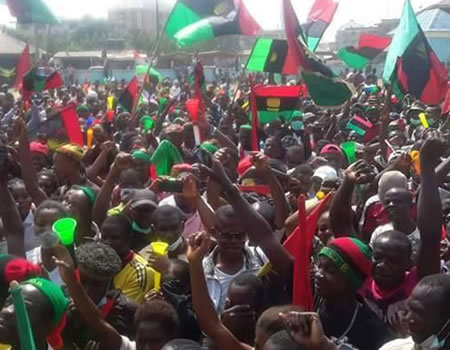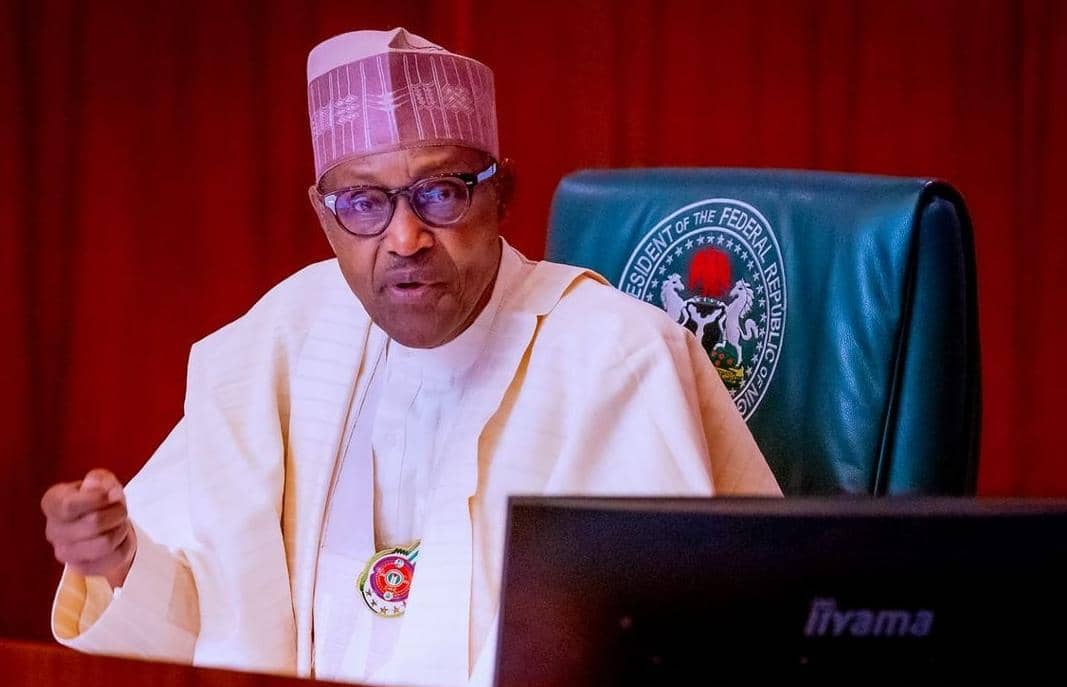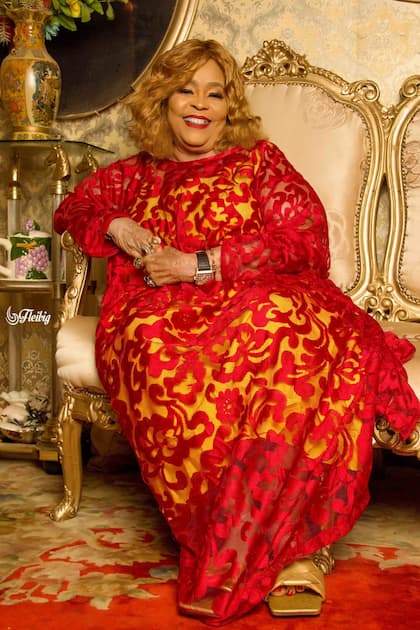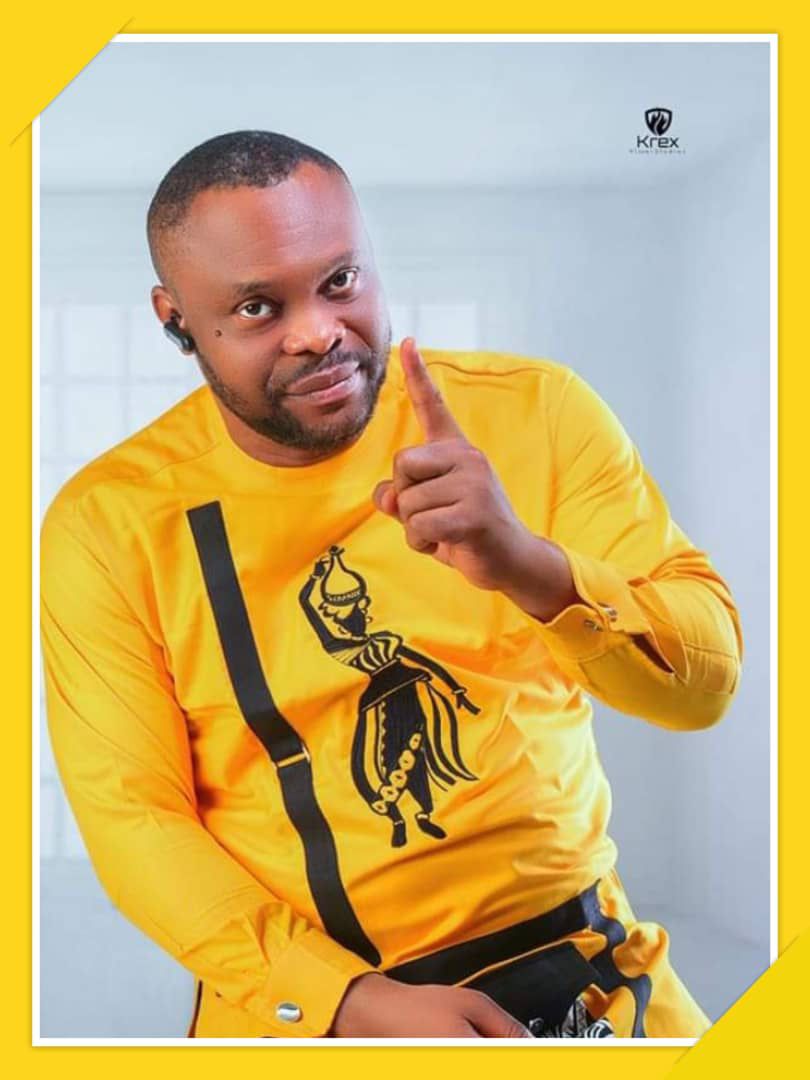The uncertainties surrounding the forthcoming general elections seem to be growing wider by the day, especially with President Buhari’s refusal to sign the Electoral Act Amendment Bill into law. His rejection of the Electoral Bill because of the section bothering on direct primaries which he does not agree with, has remained a subject of debates and conversations among Nigerians who hold divergent views on the matter. While some individuals hailed him for the action described as patriotic, others believe his withholding of assent to the Electoral Bill 2021, will not produce credible elections in 2023. Among those who believe the president acted in good faith, is Kaduna State governor, Mallam Nasir El Rufai. In his opinion, President Buhari has always been a believer in direct primaries but with what is on ground, it will not produce the desired result in the general elections. “I want to say here, for everyone to hear loud and clear, President Buhari has always been an advocate of direct primaries. From our days in the CPC, through the last primaries in 2018, when he ran for the second time, we used direct primaries. So ideologically, and personally, President Buhari prefers direct primaries, to indirect primaries because he believes that direct primaries is one that gives party members greater participation in deciding who is their candidate, rather than a few elected people and delegates that can be susceptible to corruption. “So, I want people to understand that by refusing to sign that bill, it is not president Buhari doing it because of a certain preference for indirect primaries or anything,” El Rufai explained, during an interview with Arise TV. He further listed four conditions which if put in place, make direct primaries a good method of getting candidates to emerge in a party. “The four conditions are; you must have membership register that is open and that everyone agrees is the real membership register of the party; you need every member in that register to have a biometric card with barcodes so that he can be easily identified and so that he can vote in the primaries; you must have a system or mechanism for counting the votes in the direct primaries that everyone has confidence in; you need security to prevent non members from coming into the venue to vote or thugs being imported to disrupt voting. If you don’t have these four conditions, direct primaries will be a disaster. “Now, can we put all these things in place before the next elections? Maybe we can; I don’t know but right now, we don’t have that in place and I want to remind Nigerians to look at results of direct primaries in the last few years”. Buttressing his stance, he cited the case of the recent governorship election in Anambra State, where he said the APC candidate, “Andy Uba allegedly got hundreds of thousands of votes in the direct primaries. And then the main election came and he got a fraction of what he got in the direct primaries. How can that be? You can at least be sure that members of your party will all come out to vote for you and may be a few that will be neutral will add to that. “This happened because these four things I told you, were not in place in Anambra state and what you saw as the result of direct primaries may not represent the reality. Go back to 2019 in Lagos, there, direct primaries produced Sanwo-Olu and defeated Ambode. Yes, go and check the numbers of votes that the winner of the election got and compare with what he got in the election, you’ll know that direct primaries’ results are not reflective of reality. So, direct primaries are actually more susceptible to abuse than indirect primaries. Direct primaries is more difficult to manage unlike indirect primaries where a limited number of people can be in one room, can be counted, and you cannot change anything”. Aside the issue of Electoral Amendment Bill, another pressing matter as the 2023 general elections approach, is the issue of zoning. On this, the governor categorically, said he does not zone positions, rather, he gets people that can get the job done. “I am a student of history and governance; I have not seen any country in the world that has succeeded on a sustainable basis, by selecting its leaders based on geography, religion, ethnicity, etc. So, it’s not a smart way to choose leaders, the smartest way to choose leaders in all the countries that have made progress, is to have competitive basis in which merit tops everything; you pick the best material. “In Kaduna, the last time I checked, we have people from 18 states of Nigeria represented in our government because, we just want results and don’t care where you come from. However, in this country, there’s a political culture that presupposes that the leadership of the country or even of states, should rotate between various parts of the country. There’s an understanding and in fact, one party has it in their constitution. “The PDP has it in their constitution but we don’t have it in the APC. It is an unspoken understanding and in politics, these kinds of understanding are as strong as any provisions of the constitution. You observe them and if you don’t, you pay a heavy political price. Goodluck Jonathan paid that price, when he tried to violate the agreement with the PDP leaders – that he will only contest one term after Yar’ Adua’s term. Explaining further, Governor El Rufai noted that “Based on the political culture of Nigeria, not because I think it is a good idea, or that I support it personally or that I practice it, but based on the political culture in Nigeria, after 8 years of President Buhari, presidency should be open to the South. I do not think that any northerner should put himself forward and say I want the presidency”. That only means


